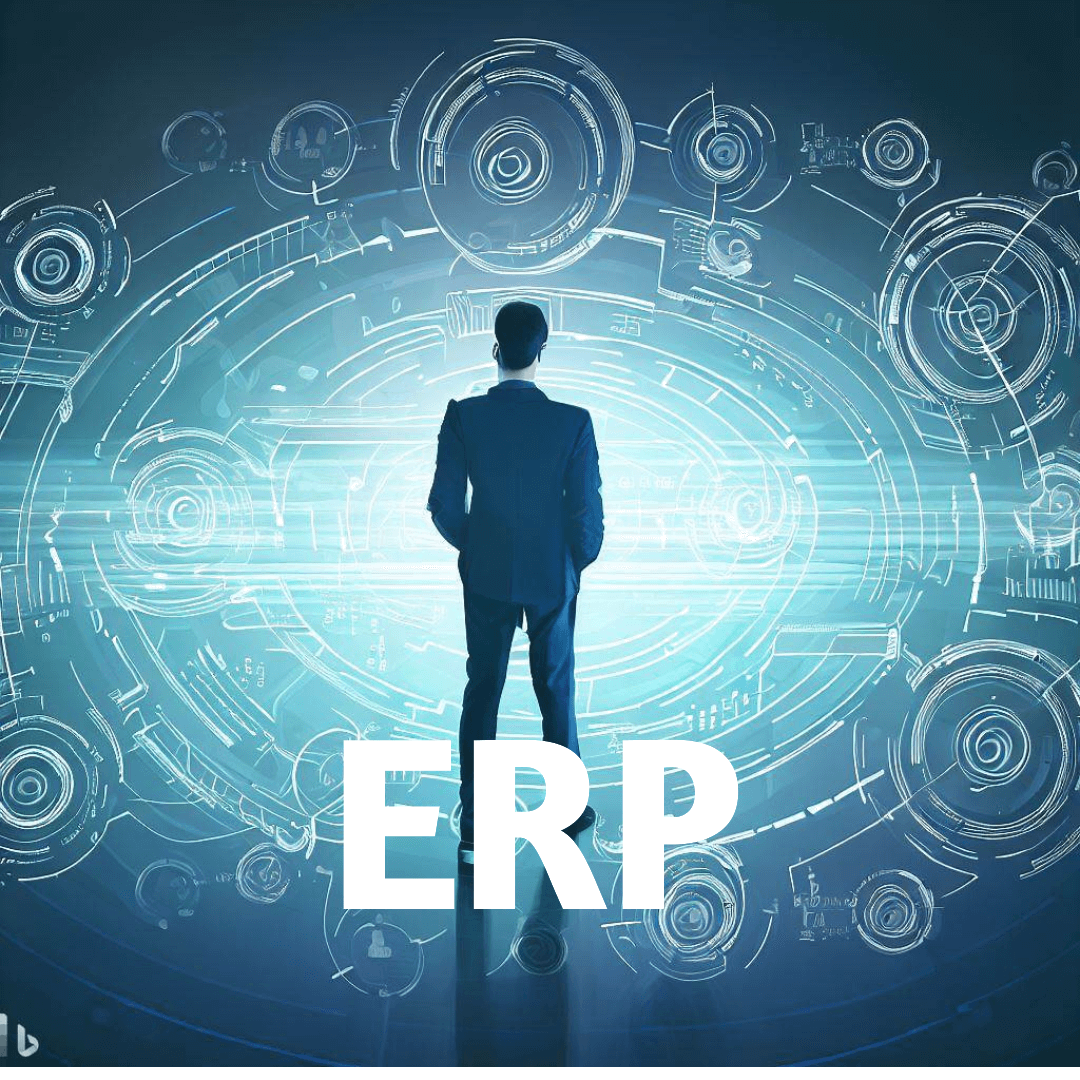Do you ever wonder how big businesses keep track of everything? They have to manage their finances, inventory, manufacturing, and customer relationships. It can be a lot to keep track of, even for a big company. In today’s fast-paced and interconnected world, businesses require efficient systems to manage their operations and resources effectively. This is where Enterprise Resource Planning (ERP) comes into play. ERP is a powerful software solution that integrates and streamlines various aspects of a business, enabling seamless communication and collaboration across departments.
What is ERP?
ERP stands for Enterprise Resource Planning. It is a system that helps businesses manage and integrate their different processes, such as accounting, manufacturing, supply chain, human resources, and more. ERP software is a tool that connects all these processes and allows data to flow between them. This way, businesses can have a single source of information, improve efficiency, reduce costs, and make better decisions.
Understanding the Basics: Breaking Down ERP into Simple Terms
Imagine a city where different departments, such as the police, fire station, hospitals, and transportation, need to work together to keep things running smoothly. ERP works in a similar way. It helps different departments within a company, like sales, finance, human resources, and inventory, to communicate and share information.
How Enterprise Resource Planning Works: Connecting the Dots in Business Operations
ERP acts as a central hub that connects all the different parts of a business. It collects data from various sources, like sales, purchases, inventory, and production, and stores it in a single database. This integrated system ensures that everyone in the organization has access to real-time information, fostering better decision-making and improving overall efficiency.
Why Enterprise Resource Planning is important?
ERP is important because it helps businesses improve efficiency, accuracy, and visibility into their operations. It aligns and optimizes business processes, empowers decision-making with real-time data, improves productivity and efficiency, facilitates effective resource management, enhances customer service, and provides scalability and adaptability for future growth.
Here are some of the specific benefits of ERP:
- Increased efficiency: ERP systems can automate many of the manual processes that businesses use, which can free up employees to focus on more strategic tasks.
- Improved accuracy: ERP systems can help businesses reduce errors by centralizing data and providing real-time information.
- Increased visibility: ERP systems can help businesses track and analyze data from all areas of their operations, which can give them a better understanding of their business and make better decisions.
- Improved decision-making: ERP systems can help businesses make better decisions by providing them with access to real-time data and insights.
- Improved customer service: ERP systems can help businesses improve customer service by providing them with a single view of customer information.
- Increased compliance: ERP systems can help businesses comply with regulations by providing them with a single system for managing data.
Conclusion
ERP can be a valuable tool for businesses of all sizes. By automating processes, centralizing data, and providing real-time insights, ERP can help businesses improve efficiency, accuracy, and visibility into their operations. If you’re looking for a way to improve your business, ERP is a solution worth considering.
![]()
